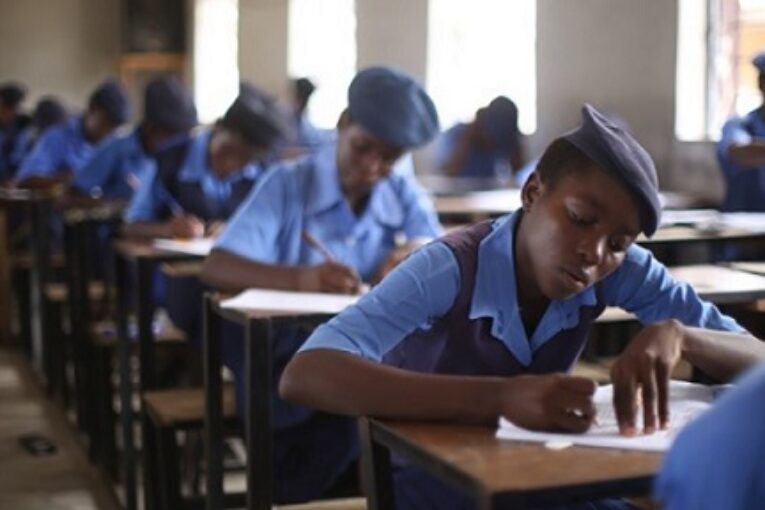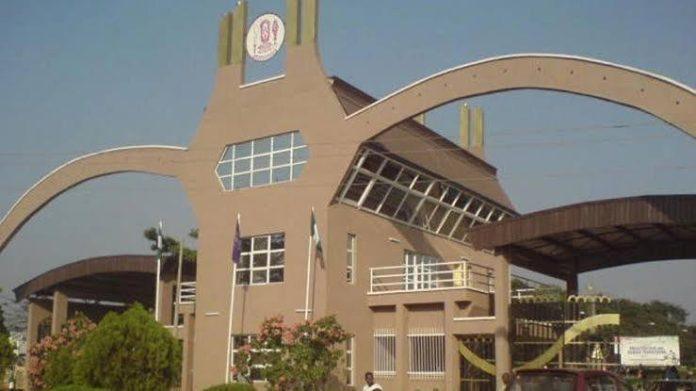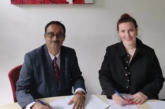
- Commission seeks private sector support
Executive Secretary of Universal Basic Education Commission (UBEC) Dr Hamid Bobboyi has said public primary schools in the country lack qualified teachers.
According to him, of the 694,078 teachers required at the level, only 499,202 are available, leaving a gap of 194,876.
Bobboyi spoke in Lagos yesterday at a one-day partnership meeting/dialogue with the Organised Private Sector on the implementation of the Universal Basic Education (UBE) programme. The event was organised by UBEC in collaboration with the Private Sector Advisory Group (PSAG).
According to Bobboyi, the inadequacy of qualified teachers at primary school level is contributing to learning poverty in basic education. He added that the problem lies with skewed deployment in favour of schools in urban areas.
The executive secretary also said states are neither recruiting new teachers nor replacing those who withdrew from service, resulting in shortage of teachers.
He lamented that of the 171,027 basic education institutions, 79,775 are public schools and 91,252 are private schools.
The UBEC chief also bemoaned infrastructure deficit in schools, saying teaching and learning take place in poor environments.
He added: “40 per cent of classrooms are in bad condition in the basic education sub-sector. The poor condition of classrooms cuts across all geo-political zones. As at 2022, 907,769 additional classrooms were required in primary schools, and 200,085 were required in junior secondary schools. Generally, a high percentage of learners do not have furniture in both public and private schools.
“Percentage of schools without toilets is worse in public schools, especially ECCDE and primary, compared to private schools. States are totally overwhelmed with the scale of dilapidation and scarcity.”
Bobboyi, however, called for more private sector investment in basic education to complement the Federal Government’s efforts.
“Since government alone cannot meet the huge requirements for quality UBE delivery, private entities should commit to taking further responsibility in key aspects of UBE delivery, especially creating opportunities for addressing the out-of-school children phenomenon,” he added.
Representative of the Senior Special Assistant to the President on Sustainable Development Goals (SDGs), Dr Bala Yusuf Yinusa, noted that urgent action must be taken to improve basic education because, by 2030, 84 million children will be out of school, while 300 million will not have access to education due to years of underinvestment in education.




